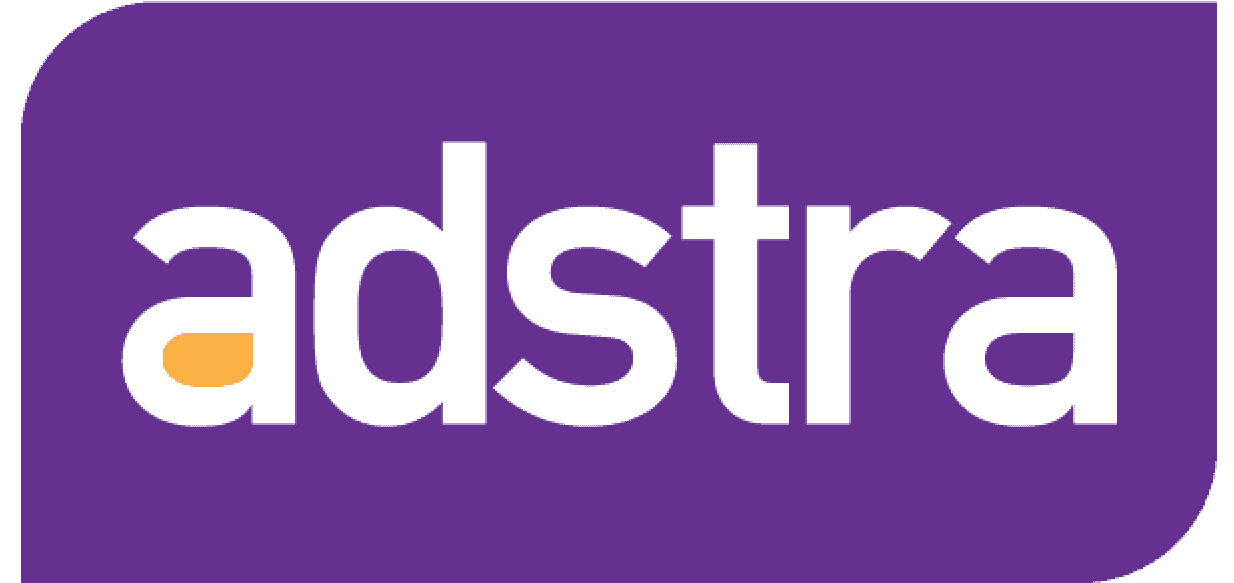
“Knowledge-Pushed Pondering” is written by members of the media group and incorporates contemporary concepts on the digital revolution in media.
Throughout a time when Democrats and Republicans are far aside on nearly each challenge, each events perceive the significance of clear privateness guidelines and laws. Lawmakers see the necessity to remedy privateness points rapidly.
In consequence, momentum is gathering for a federal privateness legislation that ought to preempt the present patchwork of state laws.
Speaker Nancy Pelosi, nevertheless, launched an announcement on Sept. 2 denouncing state preemption as part of any federal privateness laws.
That is sure to create issues for a unified and simplified strategy to interstate commerce on the web, leading to diminished help and profit from any federal privateness laws.
Whereas having a powerful federal privateness legislation that preempts advanced patchworks of state privateness legal guidelines could be nice for customers, there’s a large profit for manufacturers as nicely. A federal privateness legislation is probably the one means the digital media business can stave off Large Tech corporations, that are aggressively making an attempt to outline privateness on their very own phrases.
Amid rising inflation and a possible recession, any legislation that curtails the ability of those giants could be an financial necessity for model advertising operations.
Some great benefits of federal privateness regulation
State-level legal guidelines have confirmed tough for manufacturers and platforms for a number of causes. There are variations in language, interpretation and enforcement. In consequence, manufacturers and platforms have invested in compliance to make sure they’re adhering to all guidelines and laws. A federal privateness legislation would make compliance a better job, just because manufacturers would have a single set of pointers to observe.
Past the financial savings in authorized and compliance charges, a federal legislation would restrict the rising energy of Google and Apple. Neither of those corporations has been granted the ability to control privateness on a nationwide degree, but their selections are sometimes seen as legislation. The businesses management the market a lot that manufacturers haven’t any alternative however to conform.
With Apple’s and Google’s dominance in verify, different revolutionary applied sciences and companies would flourish. Manufacturers would have extra methods to take a position their promoting {dollars}, ending the hegemony of Large Tech.
A federal privateness legislation would additionally shield and educate customers, taking the load off manufacturers which have borne the brunt of this job. Customers are getting far savvier about privateness, however many nonetheless don’t perceive the web is primarily a data-sharing platform that gives free content material in alternate for anonymized aggregated information.
The most recent draft of the proposed legislation supplies actual measures of privateness for customers and ensures correct enforcement by the FTC in a significant means. Except for granting customers a non-public proper of motion, it’s additionally business-friendly, permitting for the continued cheap use of knowledge in promoting on an opt-out foundation.
A promising alternative
The thought of any nationwide authorities proposing a blanket privateness legislation seemingly offers chief privateness officers flashbacks to the GDPR. The EU legislation is overly advanced, exhausting to interpret and its ambiguities make it practically unimaginable to realize whole compliance.
Fortuitously, indications are that the proposed US legislation could also be a lot much less extreme and complicated.
There’s motive for optimism right here typically. Ideally, the brand new legislation would foster an ecosystem of portability, safety and transparency for manufacturers, whereas limiting the ability of digital giants.
This could speed up the swap from a obscure dialog about “privateness” towards a extra particular dialogue concerning the flawed mechanisms of internet advertising, resembling cookies. That sort of considering advantages each manufacturers and customers, which is the best final result of any regulation.
Observe Adstra (@Adstradata) and AdExchanger (@AdExchanger) on Twitter.



